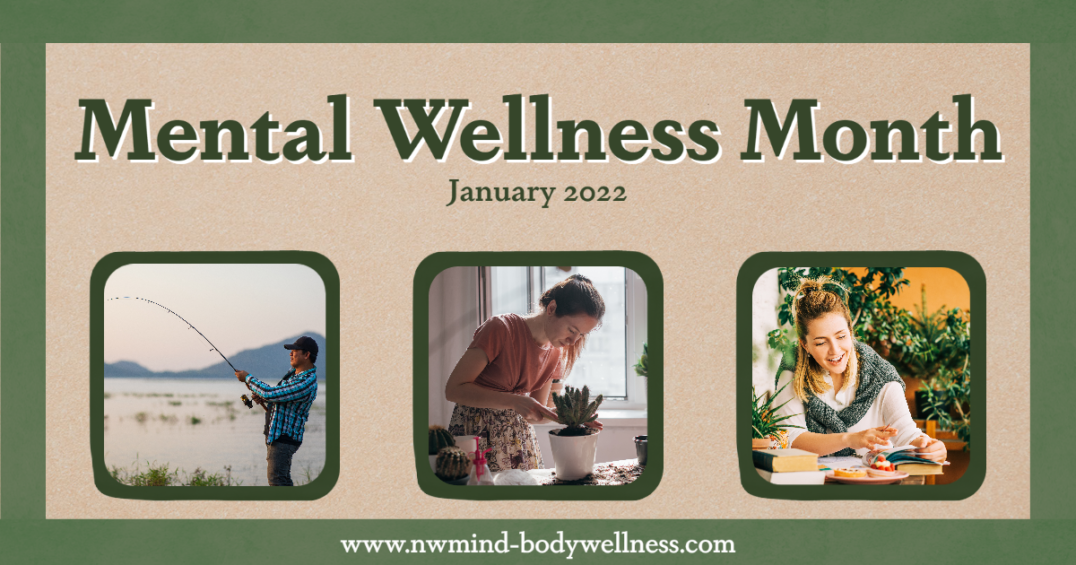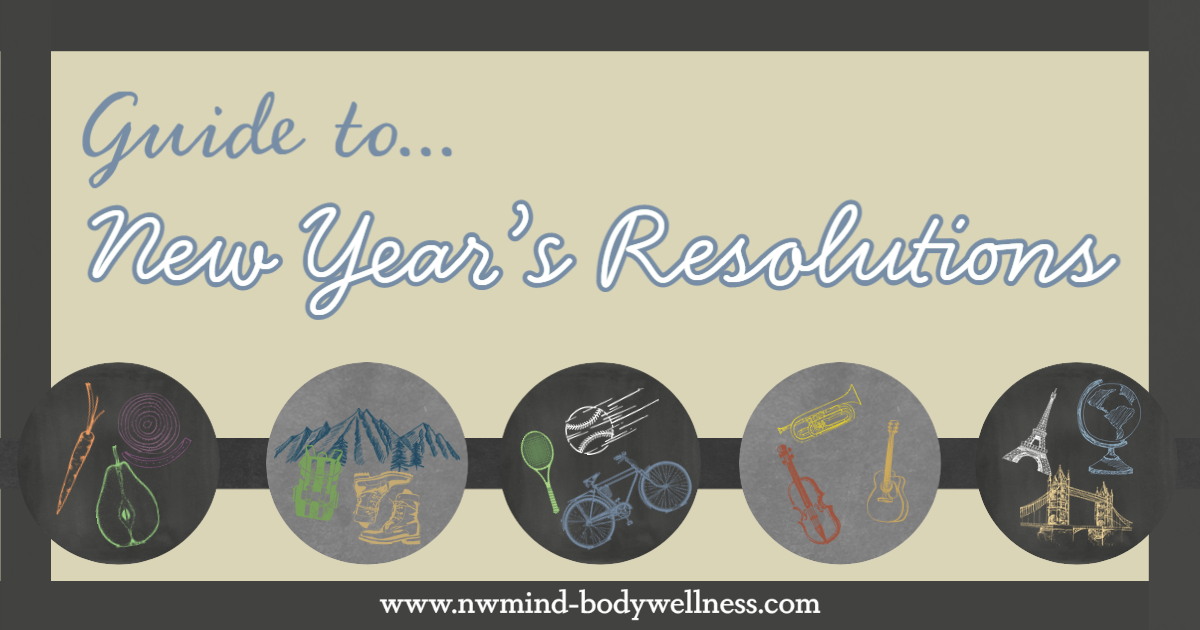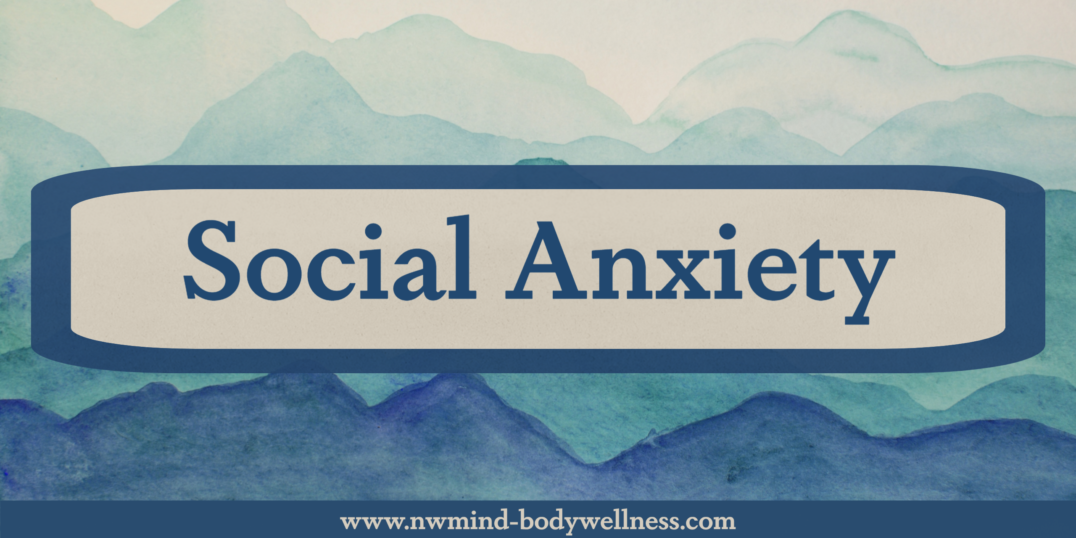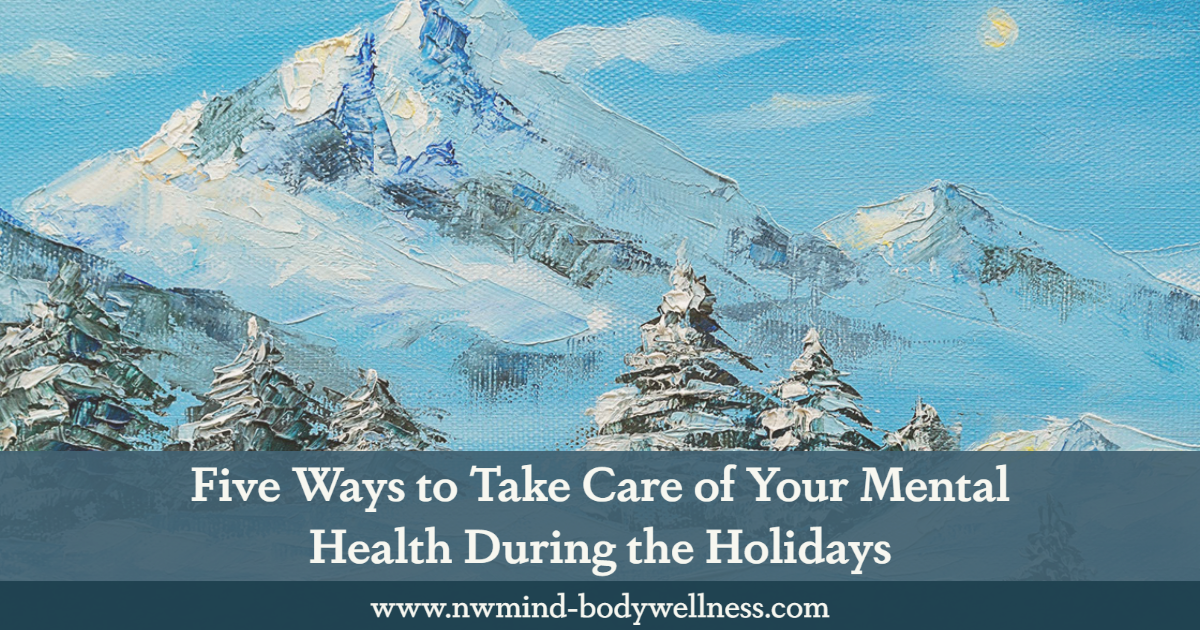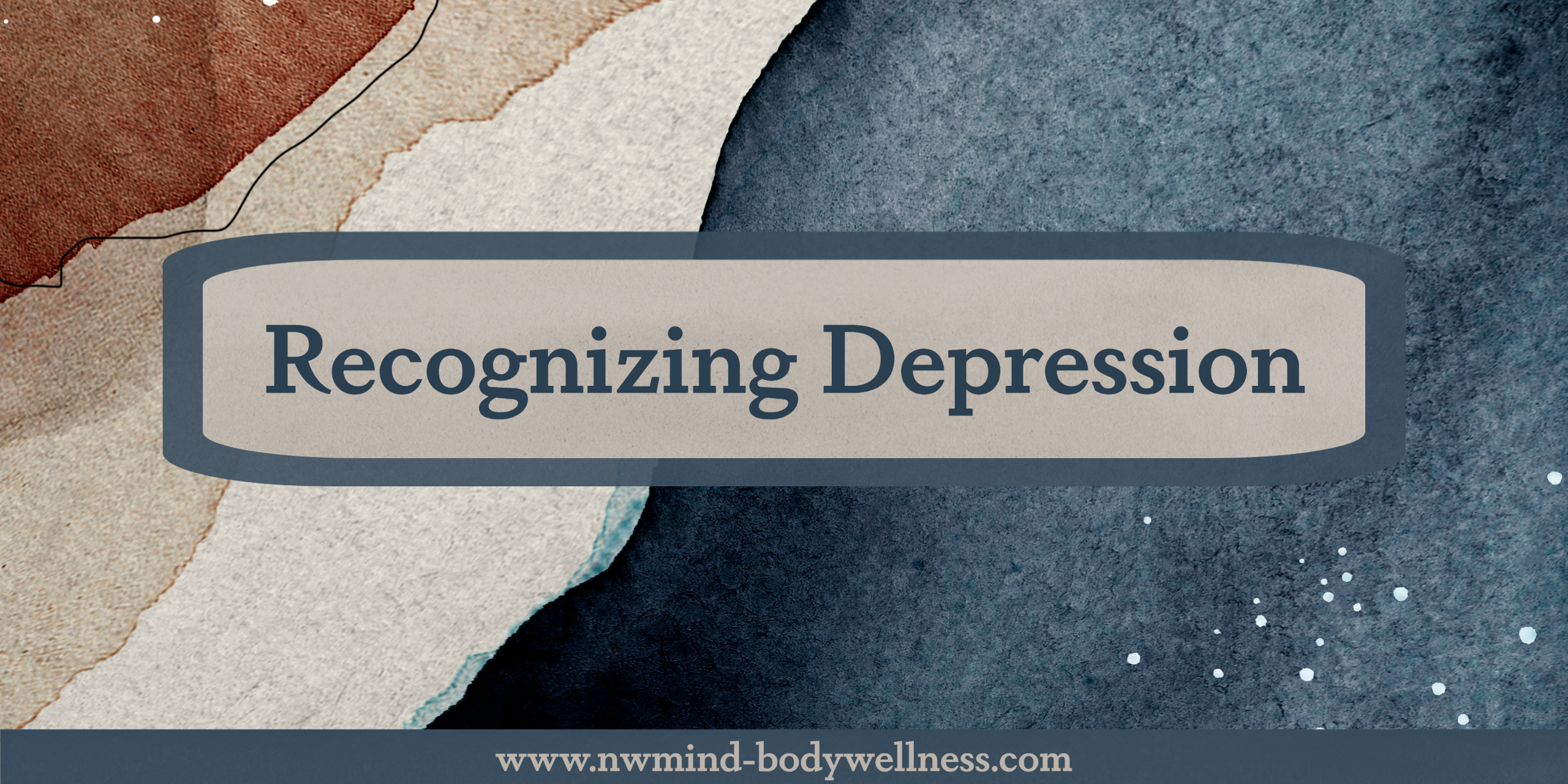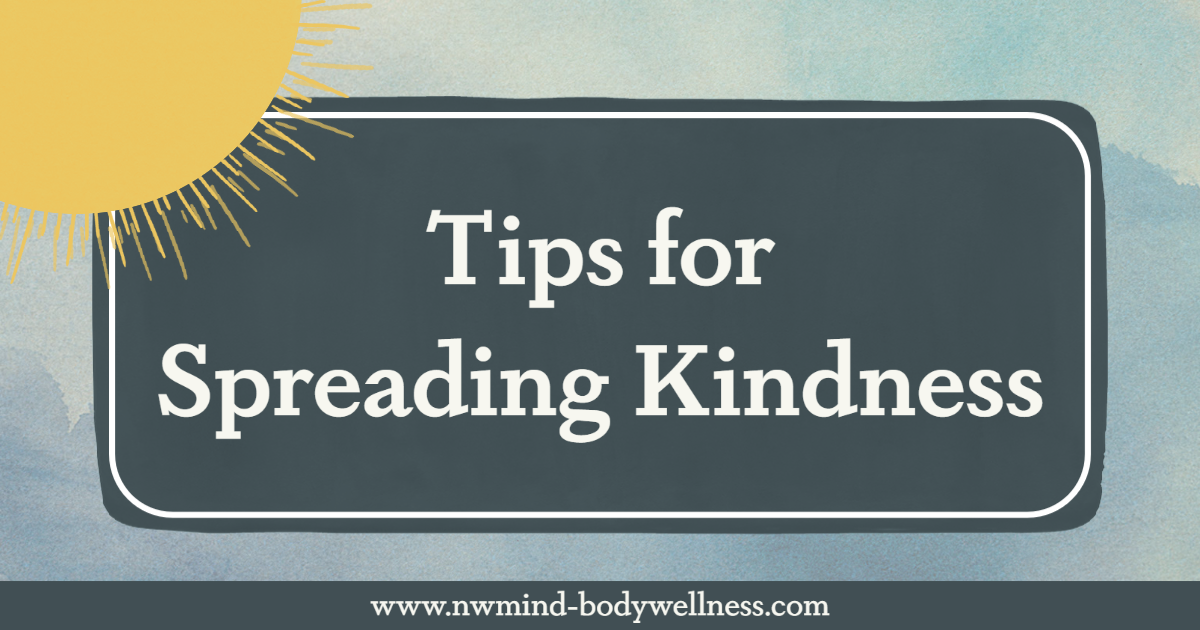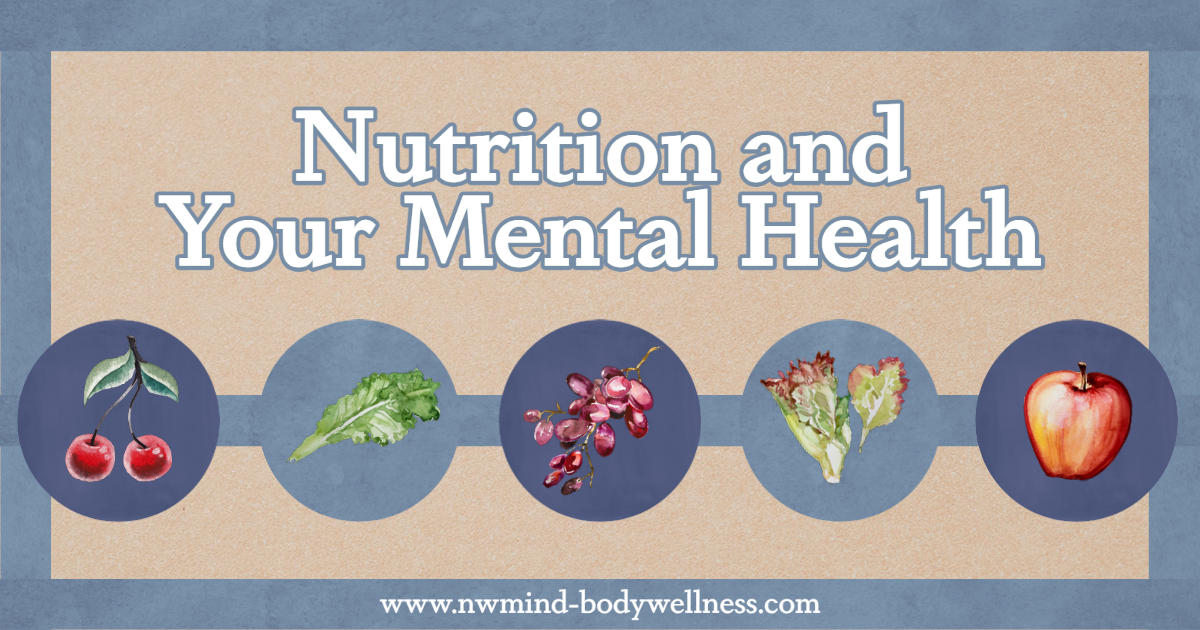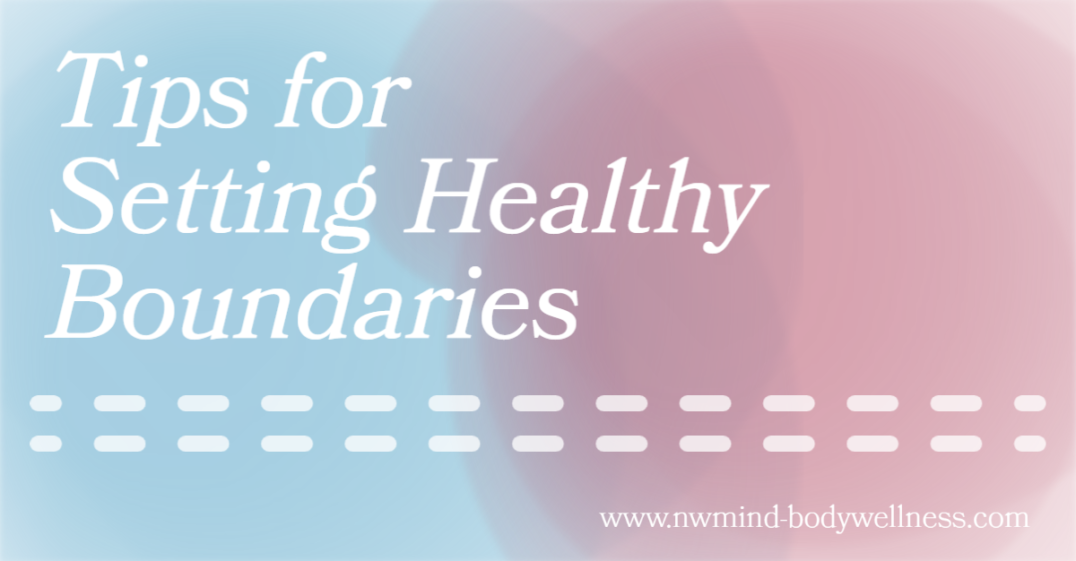Mental Wellness Month
Mental Wellness Month is recognized each January. During the month, world leaders in mental health come together to share the importance of maintaining mental wellness. However, just like keeping a healthy body, keeping a healthy mind takes work. In honor of Mental Wellness Month, we would like to help you get started on your journey towards improving your mental wellness with the following information and tips.
How Does Mental Wellness Differ From Mental Health?
At times you may hear “mental wellness” and “mental health” used interchangeably. Although they are closely related, the two focus on different aspects of your mind.
Mental Wellness
The Global Wellness Institute defines mental wellness as “an internal resource that helps us think, feel, connect and function; it is an active process that helps us to build resilience, grow and flourish.”
Mental Health
The Centers for Disease Control and Prevention (CDC) describes mental health as “our emotional, psychological and social well-being. It affects how we think, feel and act. It also determines how we handle stress, relate to others, and make healthy choices.”
The Difference Explained
As you can see, mental wellness and mental health are very similar. But, a notable difference is that mental wellness places more focus on the individual’s own ability through their thoughts and actions to improve their state of mind.
Improving Your Mental Wellness
There are many ways that you can improve your mental wellness. By doing things that make you happy or that are meaningful to you, you can improve your mental wellness.
Everyone has different things that bring them joy. Because of this, people often find different things to help increase their mental wellness. To find the most benefit in improving your mental wellness it is important that your journey is unique to you.
While people may find benefit in different things, some ideas to help get you started include:
- Creating: through painting, music, writing, and more
- Getting active: big or small, any physical activity counts
- Connecting with others: spending time with friends and family, and also by meeting new people
Getting Help
As we mentioned before, taking care of your mental wellness isn’t always easy. Luckily, you don’t have to trek this journey alone.
If you are struggling to maintain your mental wellness, you may benefit from mental healthcare. At NW Mind-Body Wellness, our providers will complete a full assessment of your mental health. Through our comprehensive approach, we can help determine the best plan for improving your mental wellness.
To learn more, click the following link to our “Contact Us” webpage: https://nwmind-bodywellness.com/contact-us/
Crisis Help
If you or a loved one is in a crisis, it is important to get help immediately. If in danger of suicide:
- Call 911
- Go to the nearest emergency room
- Call the toll-free, 24-hour hotline of the National Suicide Prevention Lifeline at 1-800-273-TALK (1-800-273-8255); TTY: 1-800-799-4TTY (1-800-799-488
Return to home page: https://nwmind-bodywellness.com/
Read more articles: https://nwmind-bodywellness.com/articles/
